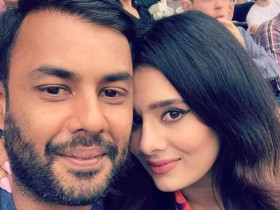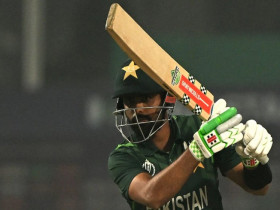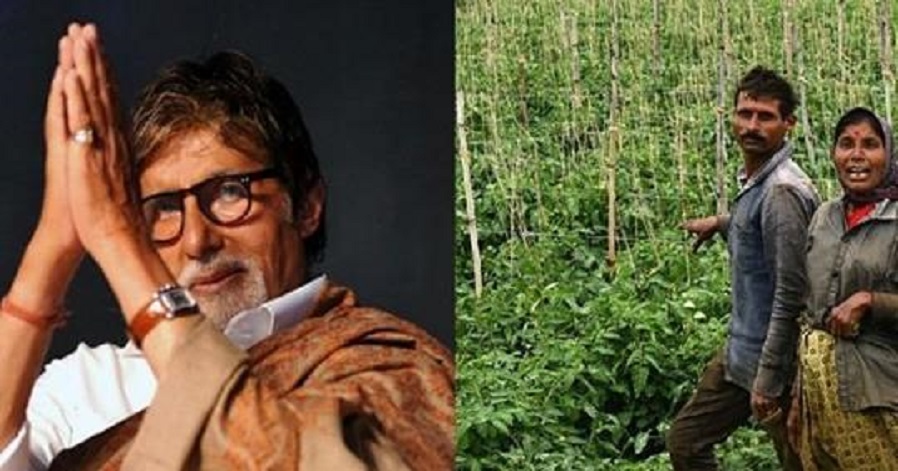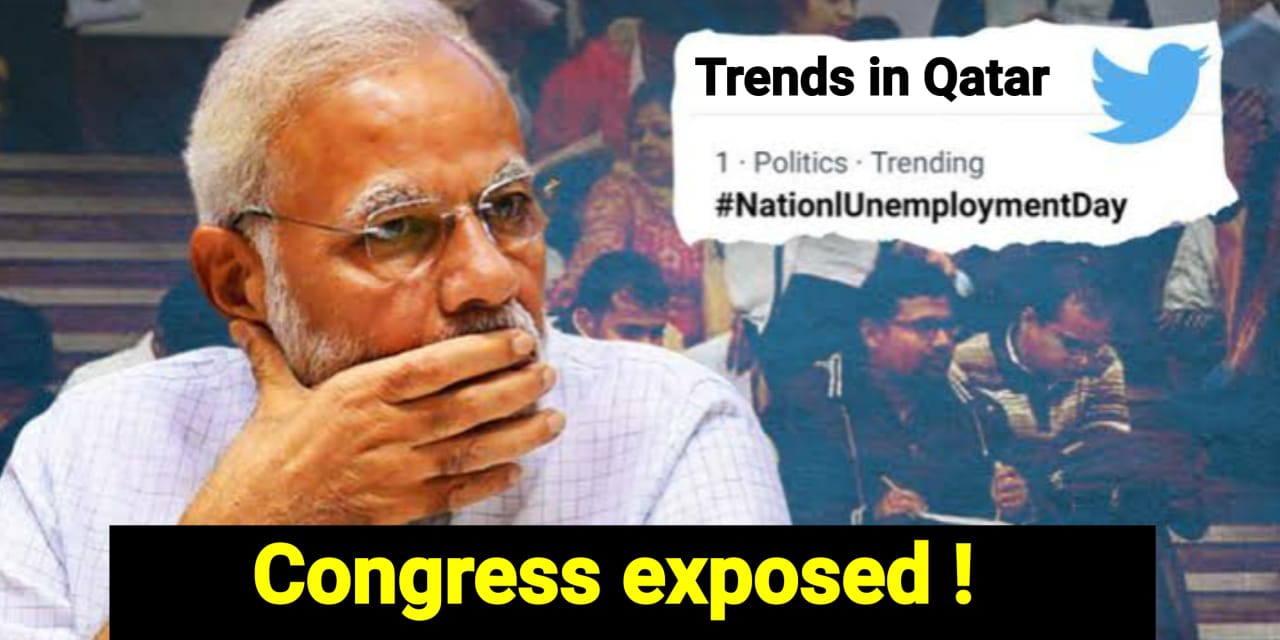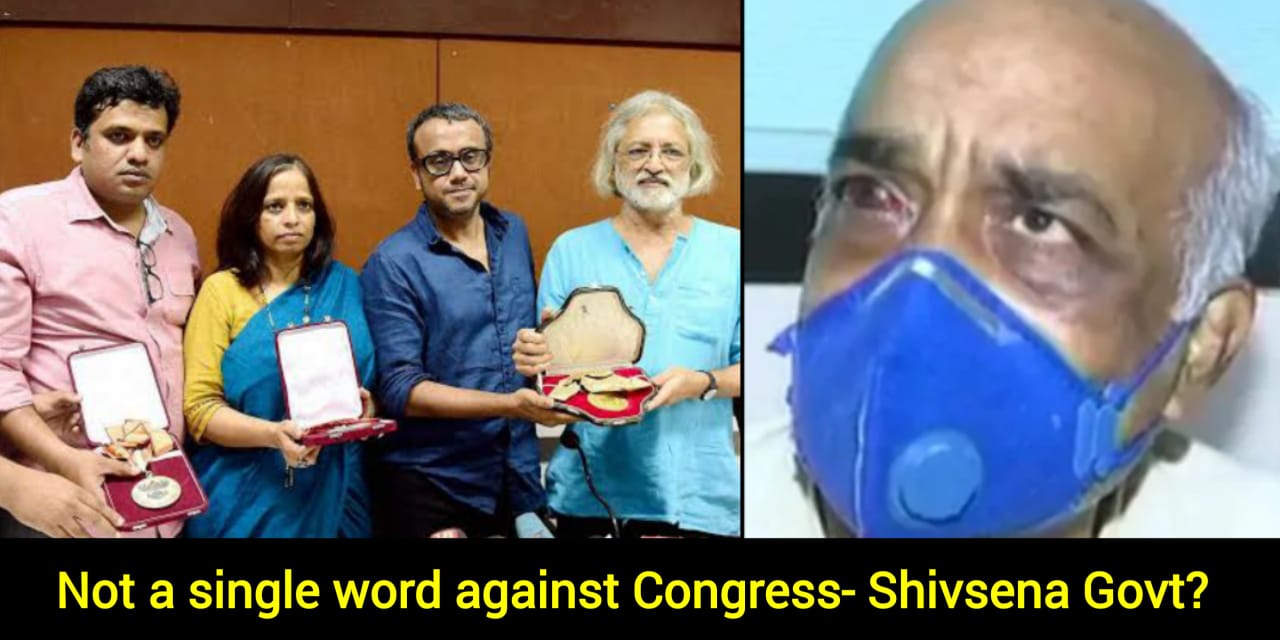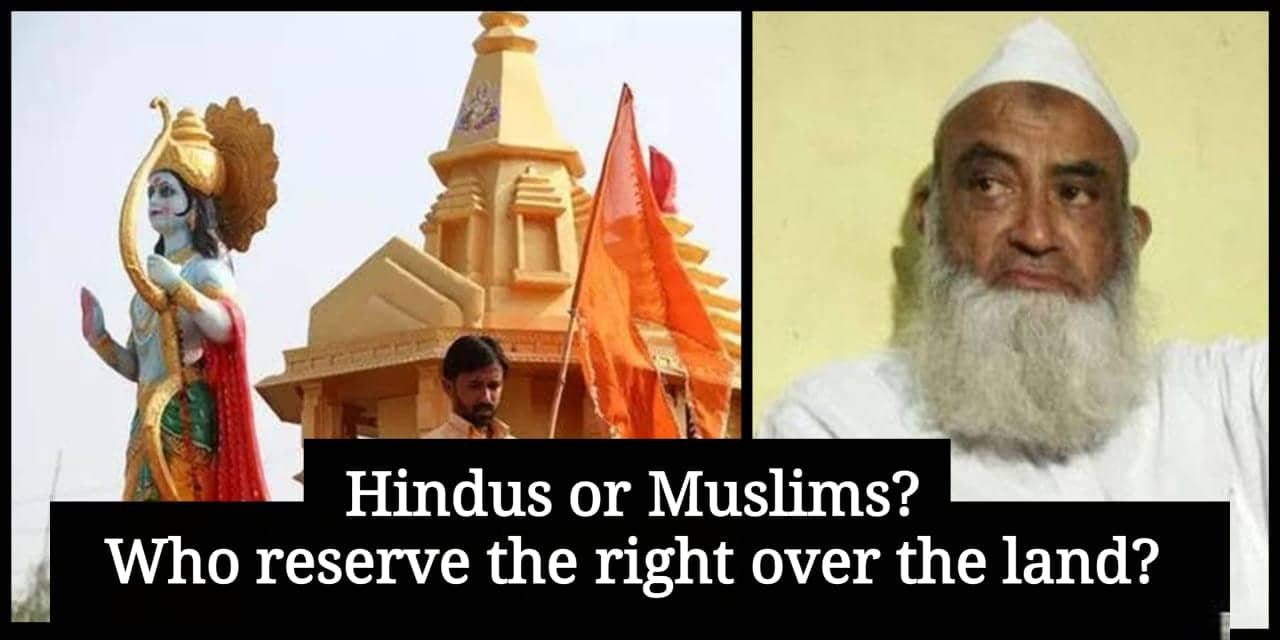Narendra Modi took oath as the 15th Prime Minister of the Union of India, on 26th May 2014.
Expectations soared high due to promises made by the BJP, & Modi’s track record in governance as the CM of Gujarat for 13 years being an impressive one, & the fact that the previous UPA government led by Congress & Dr. Manmohan Singh had messed up with governance big time.
It’s been 3 years, and the Modi government has crossed the halfway mark of its 5 year term. Let’s take a look at what according to us, have been some biggest changes for India’s betterment, to have taken place under Modi’s leadership:
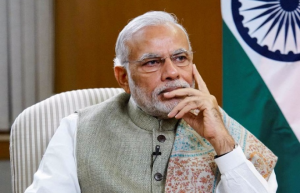
1- Zero charges of corruption on the top leadership: 3 years into the office, and even the opposition parties have failed to come up, with a single credible charge of corruption on PM Modi or his Cabinet Ministers. Compare this with the role which Manmohan Singh & his Cabinet Ministers played, while charges of scams in the allocation of 2G spectrum to telecom service providers, coal blocks to mining companies, railway contracts, land acquisition, acquisition of equipment for the defense forces, & in organization of big ticket sporting events, came to the surface. It was not a very good feeling for any Indian, to get to hear these things about the top leadership of the country
2- Bold decisions & big reforms: One has to credit Modi government for reinstating the authority of the government & instilling courage in the bureaucracy to take decisions, without bothering too much about the consequences. As a result, we saw decisions like replacing Planning Commission with Niti Aayog, Demonetization & an Act on Benami Assets, Surgical Strikes by the Army inside the territories of Pakistan & Myanmar, fulfilling the promise of OROP for retired defense personnel, building consensus on GST & its implementation. This was lacking in the UPA government & as a result, decision making & policy formulation were paralyzed.
3- Reaching out to the poorest: Contrary to opposition’s accusations of a ‘suit boot ki sarkar’, Modi reached out to the poorest of the poor with stuff like opening their bank accounts, providing them cooking gas connections, capping prices of stents, popularizing generic medicines, offering insurance at Rupee 1, building toilets, loan waiver for poor farmers in UP, etc. Most importantly, the government has not distributed any freebies, but has only interfered to provide necessary assistance, and wants the poor to become self-sufficient.
4- Thinking Future: A glance at any of the government’s plans & policies, and it is evident that this government doesn’t do anything just to get votes in the next elections. It’s a remarkable difference between this government & the previous ones, & unimaginable considering the fact that every 6 months some or the other state goes to elections, & this government itself will have to face the voters in 2019. It gives realistic timelines, like Power for all by 2019, Housing for all by 2022, etc.
5- Pro-Business but against Crony Capitalists: A lot has been said about Modi’s alleged links with some big Indian corporate houses. However, perception can different from reality. Ironically, all these corporate houses grew into what they are, during the various Congress regimes. Huge amount of loans were written off, stimulus packages were given to the unworthy, & PSBs were pressurized to work around with NPAs during UPA 2. Contrary to this, a corporate espionage racket was busted by the Modi government itself. In fact Modi is known in corporate circles as a politician who neither asks nor gives any illegitimate favors, since the days he started organizing the ‘Vibrant Gujarat Summit’ to attract investment to the state, as its CM.
6. Beating China: For the first time in the 21st century, India finally beat China in term of corruptions. As per International Transparency Agency report, which was out in January 2016, China ranked 83rd while India ranked 76th, which clearly illustrates that there is now less corruption in India than that in China. Although, there is a long way to go to achieve a corrupt free India, it is a great achievement indeed.


